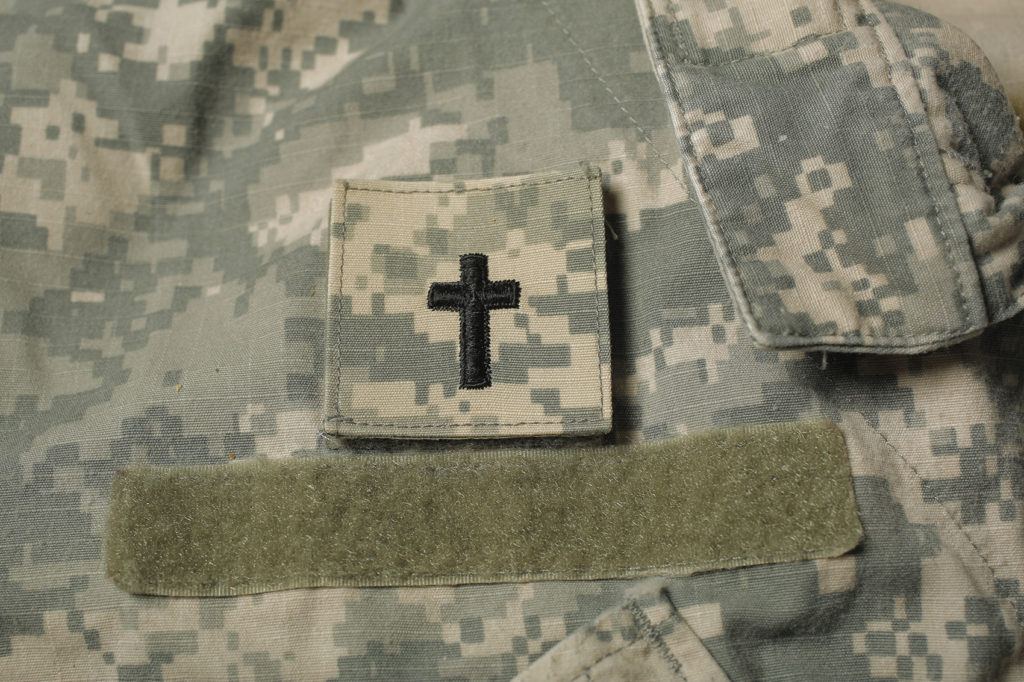Many churches would love to serve veterans and soldiers, but feel ill-equipped or think they cannot do so because they’re not in a “military town.” Below are 12 practical ways churches can minister those who have served or are serving in the U.S. military:
- Pray for veterans, service members and the military chaplains who minister to them on bases at home and abroad.
- Encourage emotionally and spiritually healthy parishioners to take time to listen to the military personnel in your community.
- Ask those in your church who have served in the Armed Services to come alongside the church as it seeks to serve the veterans, service members and their families.
- Find ways to recognize Veterans Day, Memorial Day and Independence Day at your church. You could even consider honoring the various military branches on their birthdays.
- Realize that your church does not need to be near a large military installation to minister to veterans and service members. Veterans and service members who are not near a large base may feel isolated and need greater local community support.
- Draw 10- to 15-mile circle around your church, and locate any Veterans Affairs (VA) offices, VA Medical Centers or military installations. Reach out, and ask about their specific needs.
- Network with military chaplains in your area. Host them, and help them set up a military veteran and family network. Your church can then become a referral any time needs arise in the military community in your area.
- If your church is near a large base with a military population where the majority of people stay two to three years, host special events (such as special dinners or welcoming Bible studies) that help service members and their families connect as quickly as possible.
- When a service member is deployed, send letters and care packages that let him or her know she is thought of and prayed for.
- Help the families of deployed service members with routine tasks: prepare meals, help with car maintenance, offer to do yard work or offer to tutor or mentor the kids.
- Encourage the church to see themselves as a family who are there to support military members and their families while the spouse is deployed. Advertise that your church is a safe place.
- Find a trusted, Christian counselor in your area who is professionally equipped to handle moral injury, suicide ideation or post-traumatic stress disorder (PTSD).
This list has been adapted from conversations with retired Maj. Gen. Chaplain Doug Carver, retired Brig. Gen. Chaplain Carlton Fisher and Pastor Jeff Streucker. To learn more about their ministries, see related story.
For more information about serving our Armed Services personnel and their families, contact the chaplaincy office of the North American Mission Board at [email protected].
Published November 10, 2017
